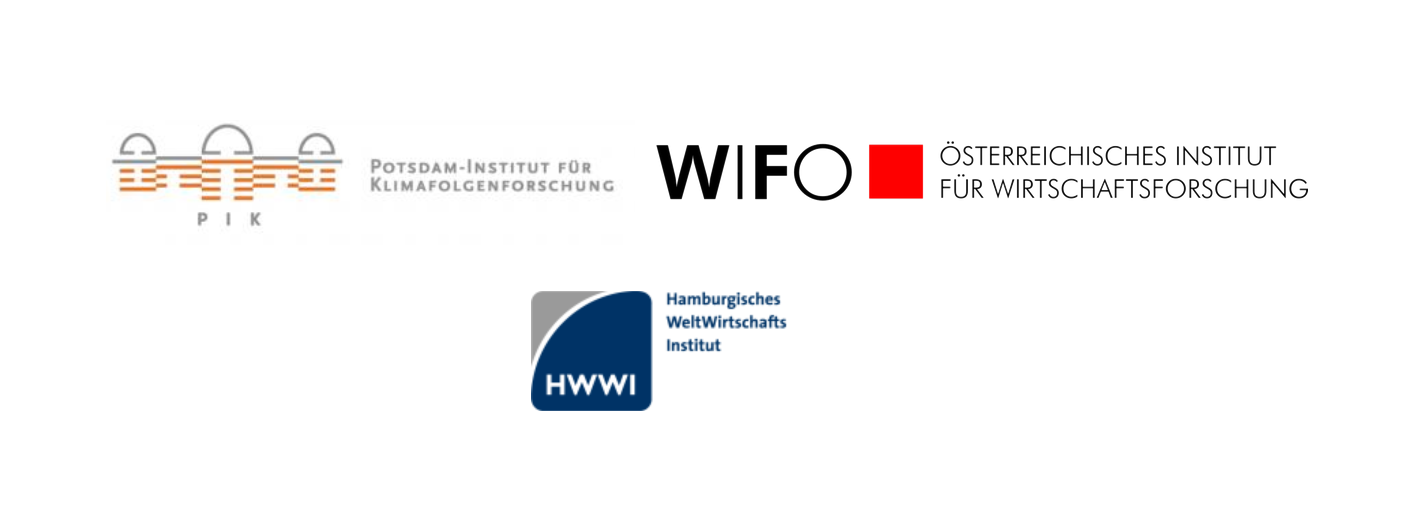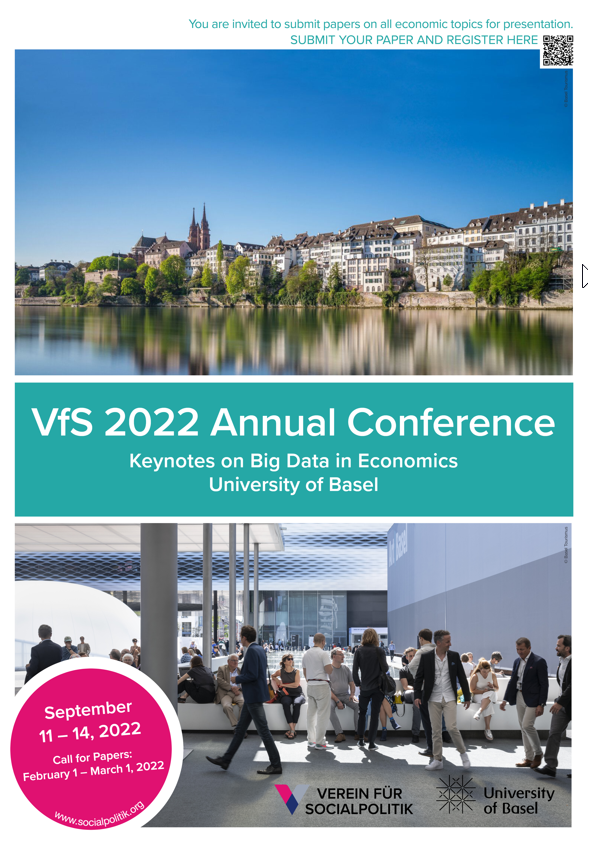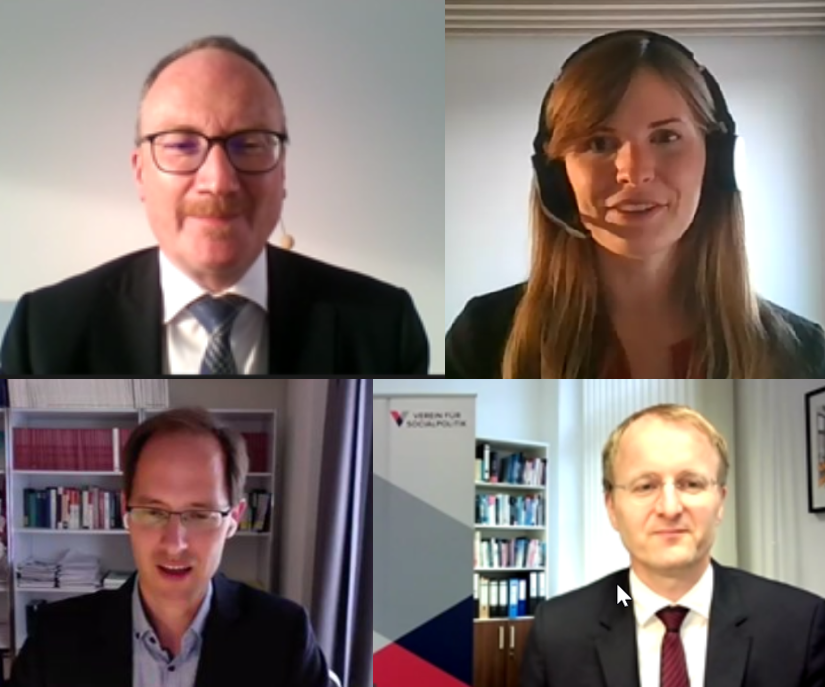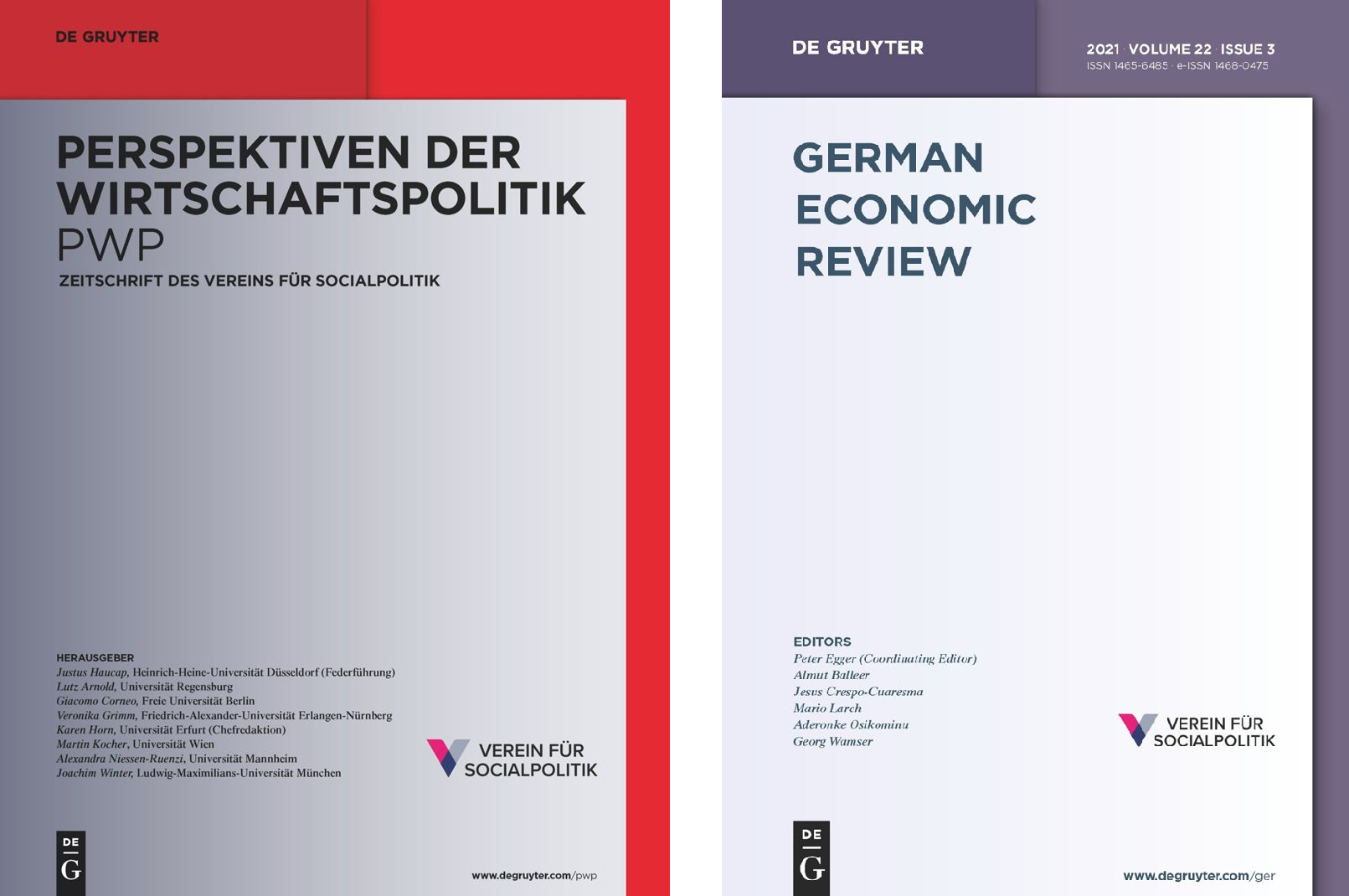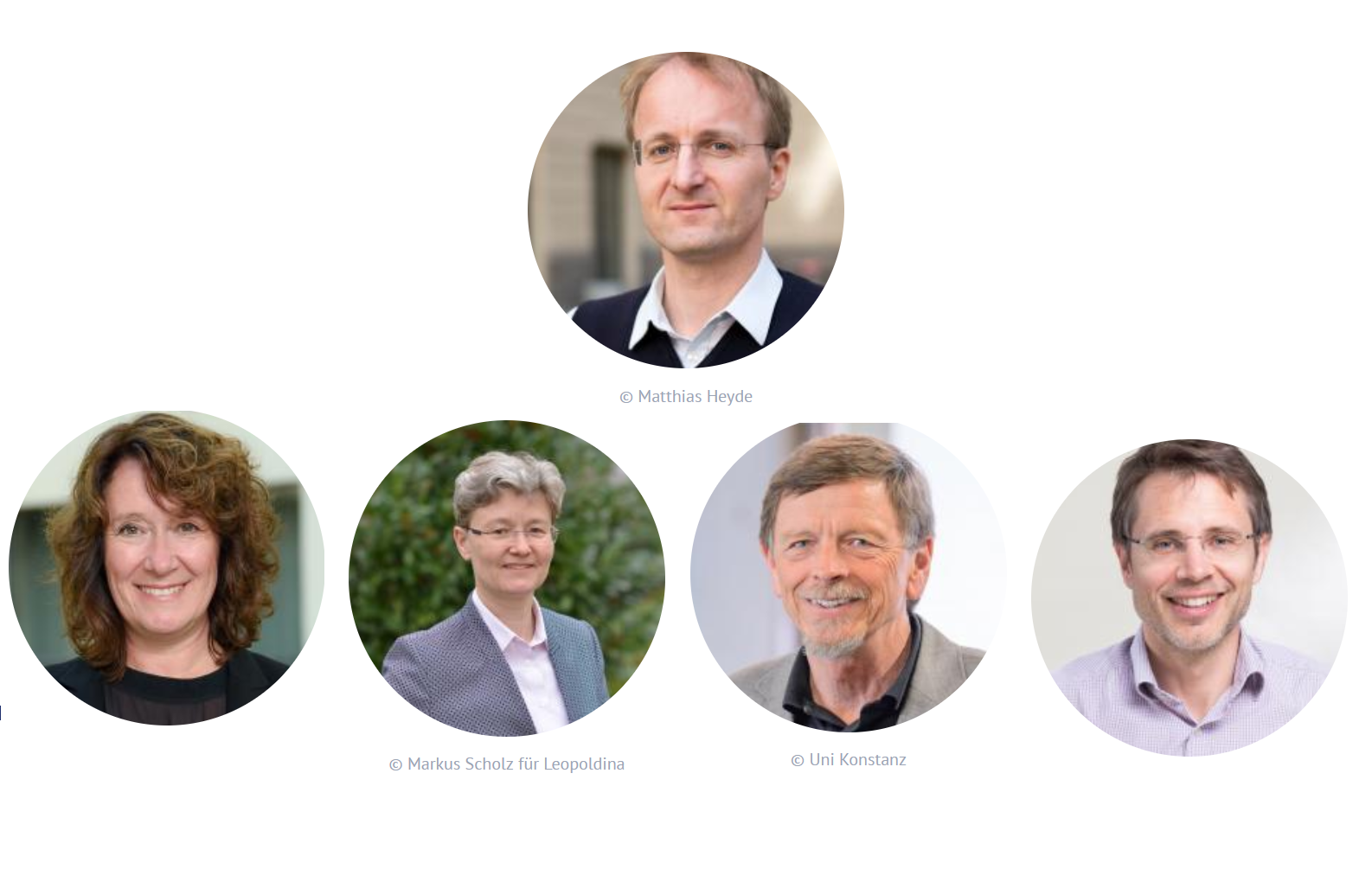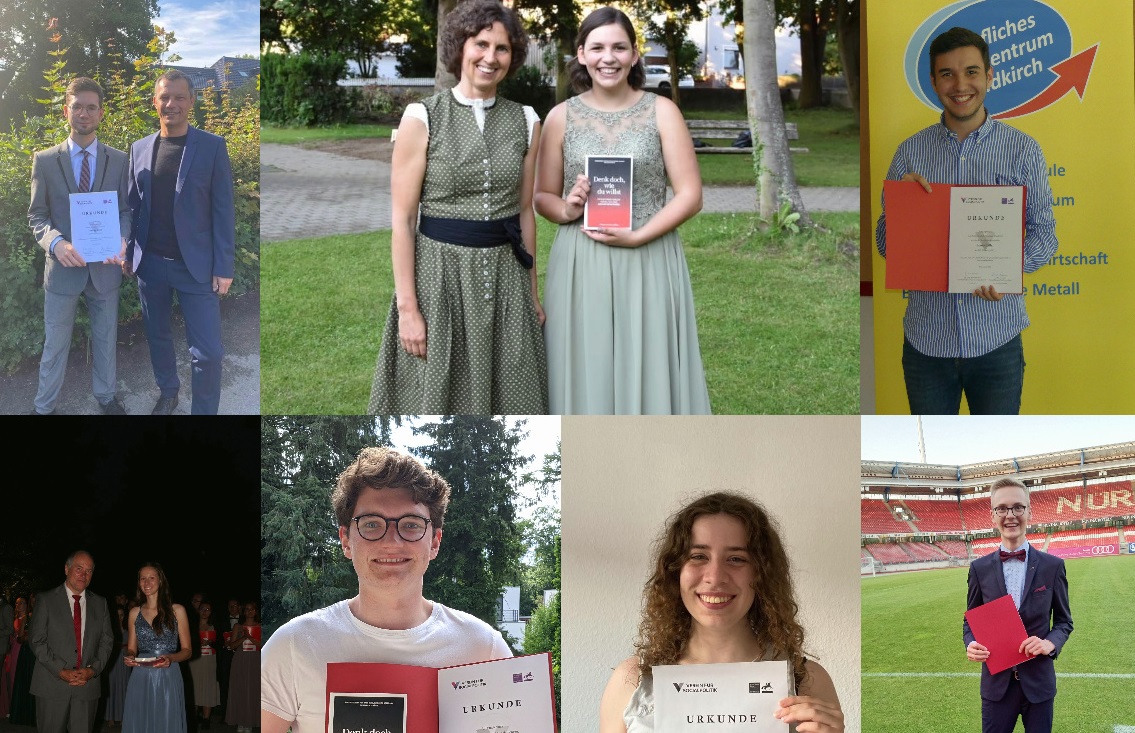Dear Members of the Verein für Socialpolitik,
Our newsletter is here, informing you of initiatives in our association. First and foremost, let me highlight the annual conference. We will meet in Basel during 11-14 September 2022. Please pause a moment to make sure that you have this date in your calendar! It will be wonderful to see each other in person – the city of Basel and the great conference venues are ideal for this reunion. The core conference topic is timely and should be of interest for all modern economists: Big Data in Economics. The keynote presentations are top-level, too; they will be given by Raj Chetty, Raffaella Sadun, and Michael Lechner. Registration will open later but please make sure to submit a paper for the open meeting, which always has a great set of sessions in all fields of economics. The deadline approaches fast: 01 March, 2022.
In other news, please take a moment to read the contributions by two of my fellow members in the Verein’s executive council. Doris Weichselbaumer, our equal opportunities officer, describes our enlarged code of ethics. Adding to her comments, I want to use the opportunities to thank you all for the very interesting and professional discussion that has led to the final improvement of the code during the fall of 2021. Doris herself deserves a major part of the credit, for her strong behind-the-scenes role in finding appropriate formulations for each point of discussion. Thank you!
Finally, Christian Bayer reports on a most important part of the Verein’s activities: our focus activities on junior career development. You will hear more about this during 2022, as we are preparing a major report. We all look forward to the interactions, on these and other issues, with you all!
Viele Grüße,
Georg Weizsäcker






